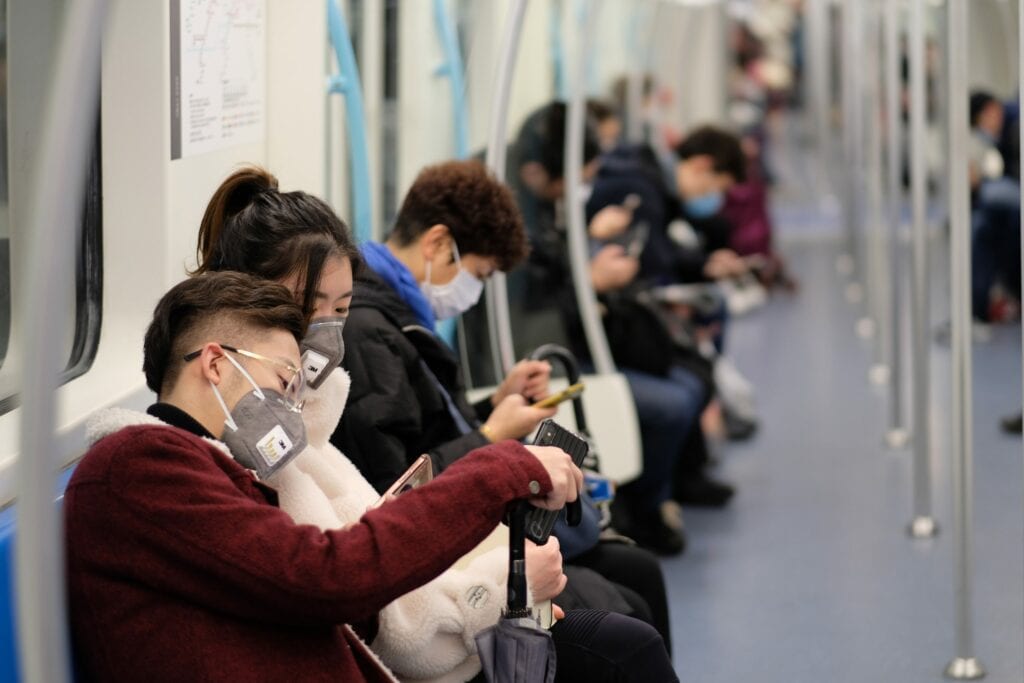4 min read
COVID-19 started its spread in Asia and has since become a global pandemic. It is clear that we are facing unprecedented challenges through the widespread disruption to healthcare, financial markets, economy, livelihoods, travel and supply chains.
To glean best practices on how philanthropy in North Asia has been responding to COVID-19, we invited Harvey Koh, Managing Director of FSG, Leong Cheung, the Executive Director of Charities & Community at the Hong Kong Jockey Club (HKJC), and Yanni Peng, CEO of Narada Foundation to share their perspectives. Here are three key takeaways from our conversation:
The pandemic is most felt by the vulnerable communities
Harvey: Any natural disaster or public health emergency takes a greater toll on the groups who were marginalised or excluded before the emergency. These groups have often been denied the material resources and we can already see implications of COVID-19 on their health, livelihoods, personal safety, physical and mental well being and access to food.
Leung: Prolonged mitigation measures such as travel restrictions, lockdowns and social distancing have a ripple effect on everybody. It takes a hit on businesses, impacting jobs and livelihoods, and leading to an increase in poverty; Extended school closures put a burden on parents who may not have alternative caregiving arrangements; Panic and anxiety contribute to the risk of mental health; Charities and non-profit organisations tend to see a drop in donations in economic downturns, putting them in further financial distress. Disadvantaged groups, in particular, are often disproportionately impacted by the pandemic as they may have less social capital and support networks to buffer them from threats.
Yanni: Examples of these disadvantaged communities include the elderly who are more vulnerable to COVID-19 due to their weakened immune systems but also, people with disabilities who may need living and psychosocial support, pregnant women may experience barriers to accessing prenatal care as hospital systems are overwhelmed and families who are suffering from domestic violence. With appropriate action and protective measures, however, this impact can be mitigated.
Speed, flexibility and innovation trump perfection
Leung: The situation surrounding COVID-19 is evolving every day, so it is difficult to navigate the unknown. We have reached out to all 400 of our project grantees to better understand their challenges and needs so that we can provide flexible funding to support them. We have also launched an open grant call to provide funding to active non-profit organisations with strong relationships with their beneficiaries and established networks with the community. In addition, we have reduced the typical grant application process from 3 – 6 months to just 14 days. This quickened process and the grantees’ powerful networks have helped us to mobilise resources and support to numerous beneficiary groups in the shortest time possible.
Work with partners to respond to the crisis
Yanni: The social sector in China has not only responded quickly to provide emergency relief and donations, but also provided support for vulnerable people, community service, volunteer management, and capacity building to frontline workers. Due to the magnitude of COVID-19, any response requires a concerted effort from a wide range of stakeholders. Systemic coordination between the social sector and government is, therefore, critical. This led to the launch of the China NGO Consortium for COVID-19 (CNC-COVID19) which aims to develop a long-term coordination mechanism for social organisations in China to collaborate and respond to the outbreak. It will focus on sharing information on responses to COVID-19, mobilising funding, providing capacity building for non-profit organisations and aggregating technical knowledge of international expertise.
Leung: Likewise, HKJC has been partnering with grassroots organisations to support the most vulnerable. Through an open call for applications, it has also worked with over 200 organisations, of which, many are first-time grantees. One example of an innovative project focuses on home sewage improvement work in cramped and sub-divided housing in Hong Kong to reduce the risk of infection. We also leveraged our corporate expertise and networks to source for critical items that were challenging to procure at a time when supply chains have been disrupted.
How do we continue to stay vigilant?
Harvey: A few countries in Asia are already seeing a second or third wave of COVID-19 and the next pandemic is almost inevitable. As such, we need to think beyond short to mid-term responses. In the article ‘COVID-19: Seven Things Philanthropy Can Do’, my colleague, Lauren, reflected that “responses during a time of crisis are only as good as the strength of preparedness, support systems, and relationships that existed before the crisis.” As philanthropists and grantmakers, we will need to start preparing for the next crisis by asking how we can invest in institutions and infrastructure to promote resiliency in our communities, build the right relationships with the local actors and stakeholders and strengthen the social fabric that they need to thrive in.
AVPN has recently launched its COVID-19 platform which aims to bring together a wide range of stakeholders to address the global pandemic. We hope to consolidate relevant knowledge, best practices and actionable opportunities to collectively scale, support and invest in ways to alleviate the crisis.
Hear from our speakers in this full webinar recording: Philanthropy’s Response to COVID-19.


















